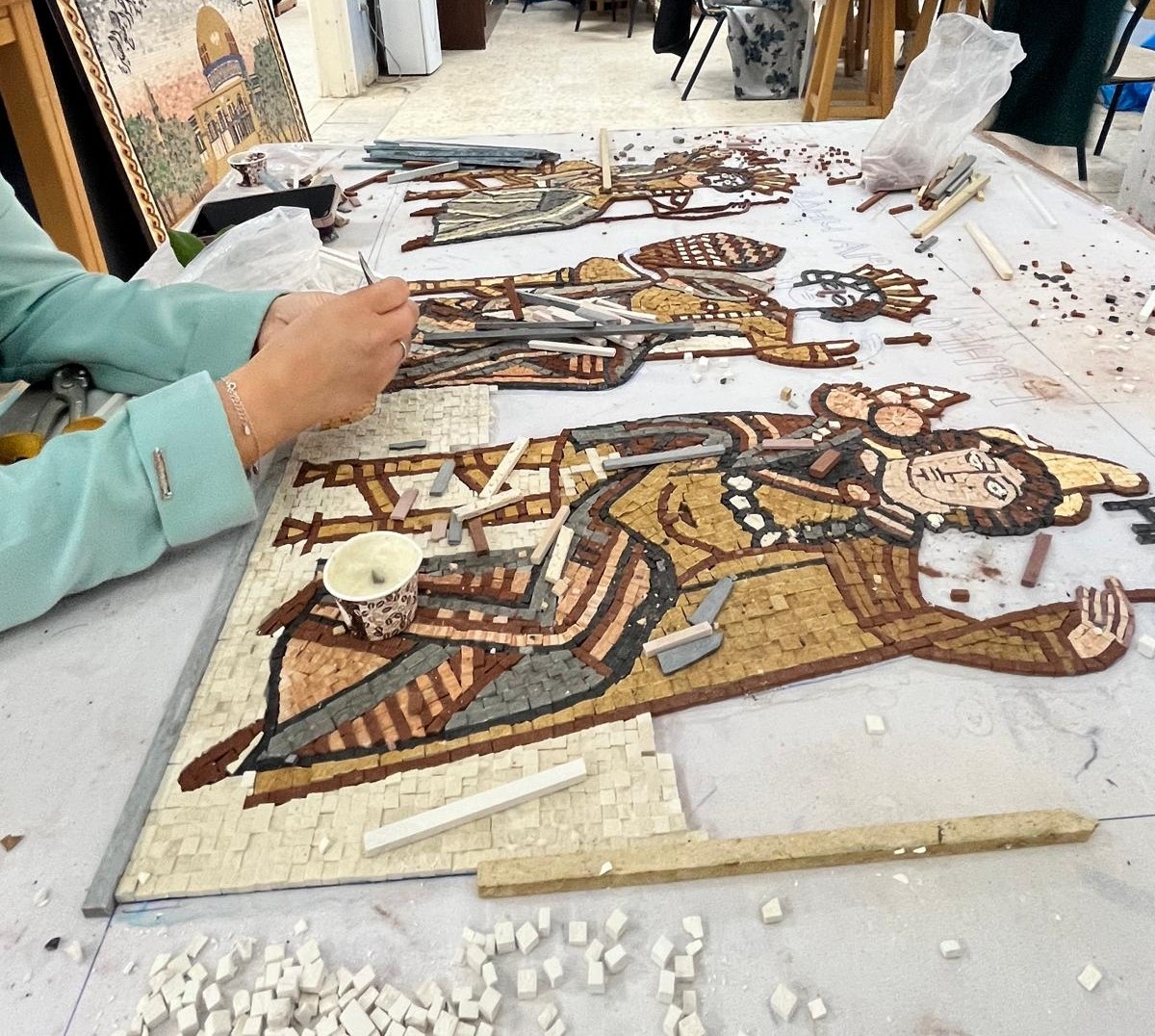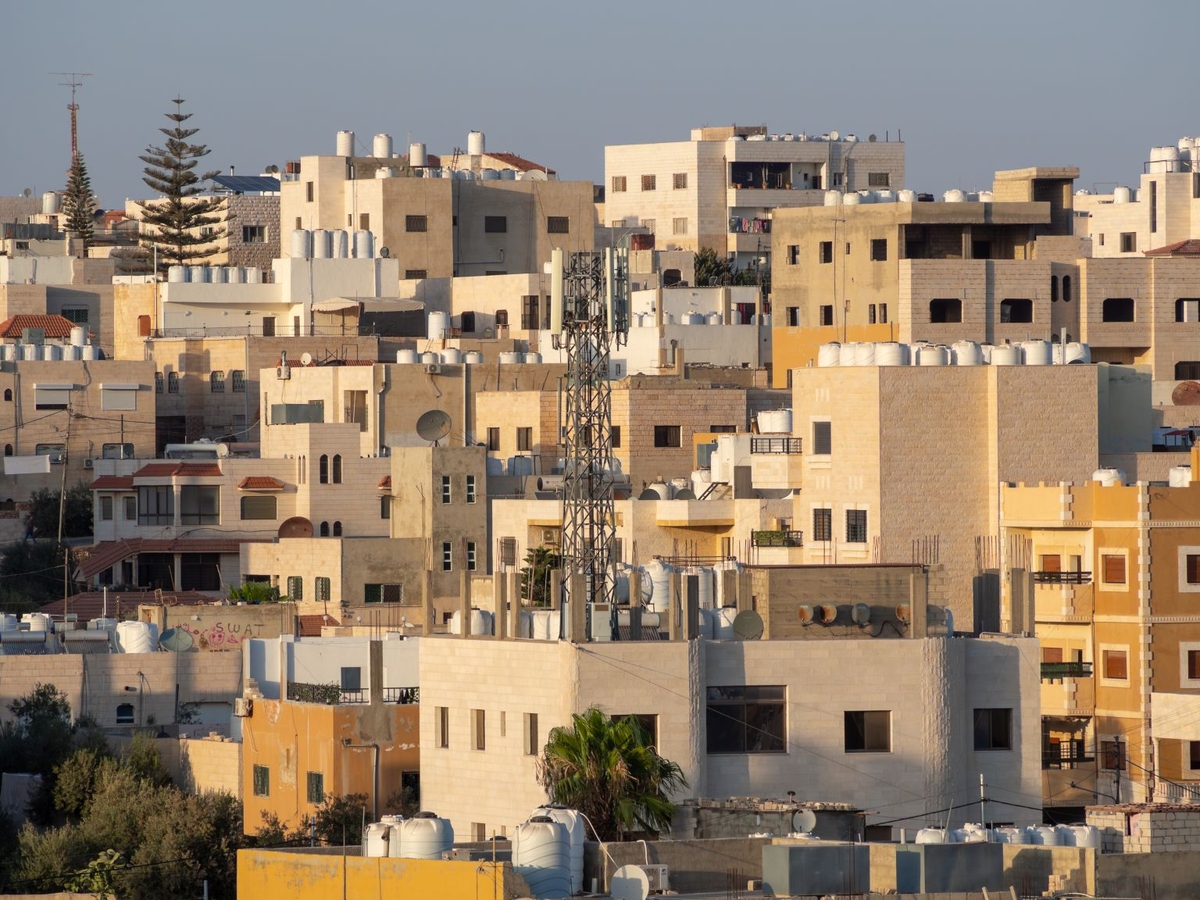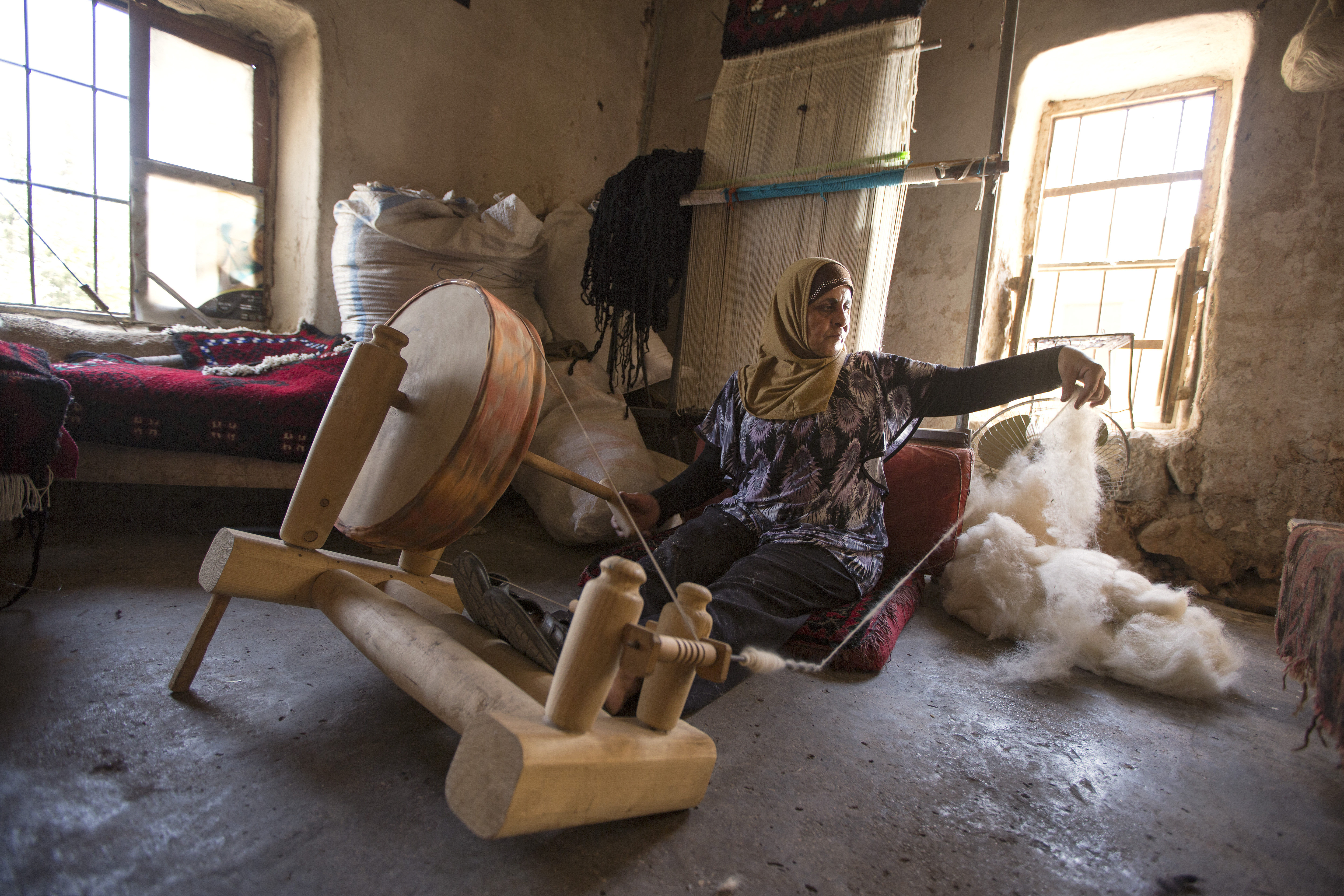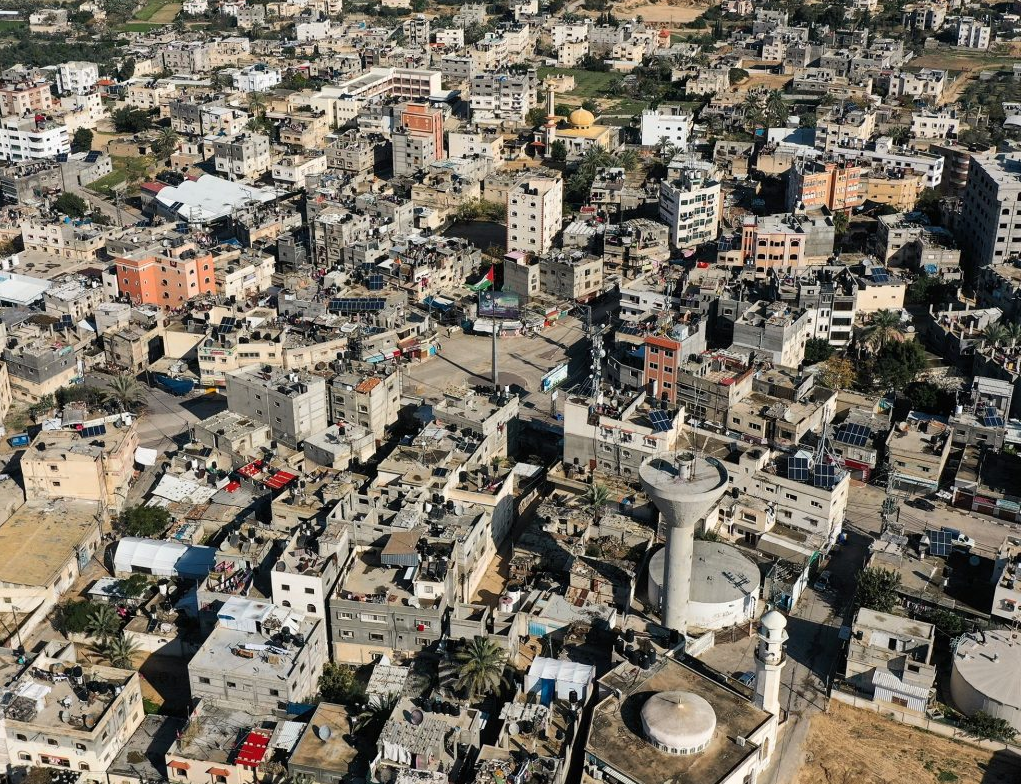Funded by the Embassy of France to Jordan as part of the Fonds Equipe France programme (FEF), HERitage: Women, Culture and Development in Madaba aims to enhance the role of women in the heritage and tourism sector, promote their leadership, and entrepreneurial skills, and foster economic development through targeted guidance to the municipality.
The project will run until May 2026 and is implemented in collaboration with the municipality of Madaba and the Madaba Institute for Mosaic Art and Restoration (MIMAR).
While Jordan is a figurehead of progress for gender equality in the region, with sharp improvements in women’s life expectancy, education, and local political representation, these improvements are yet to translate into improving women’s economic opportunities and independence. Many women working in the tourism and heritage sectors tend to be limited to administrative jobs and receive lower pay, despite their crucial role in safeguarding and transferring local knowledge and craftmanship techniques, thereby enriching the country's heritage, and linking culture and society.

Madaba has fostered an inclusive environment where women contribute punctually to the city’s sustainable growth and vibrant community life. However, a workshop session in September 2023, organized by Cities Alliance in collaboration with the municipality of Madaba, and the resulting publication HERitage, showed the need of integrating and supporting women in more facets of the city's development, ensuring their equal opportunities and representation.
To respond to these needs, the project will foster an urban environment, where heritage conservation and tourism development integrate the local conditions, skills and knowledge to deliver a living experience for visitors to the city, but also provide economic opportunities for the local population, particularly its women, through three main axes:
Engaging local communities to foster an inclusive heritage and tourism sector: Through engagement of women artisans, local businesses, tourism providers, heritage institutions, and municipal authorities, HERitage will map the city's existing cultural and economic potential of the heritage, tourism, and handicrafts sectors. The assessment will help identify women's role in these areas, the gaps and opportunities, as well as the cultural tangible and intangible heritage of the city. This way the project will support the development of an inclusive approach, that puts particular emphasis on the empowerment of women.
Enhancing women's entrepreneurship and technical skills : HERitage will enhance women's professional capacities and entrepreneurship skills through a tailored capacity-building programme, in partnership with the Madaba Institute for Mosaic Art and Restoration (MIMAR). In addition, the participants will learn more about the climate-related risks inherent in the tourism, crafts and heritage conservation sector. The project further includes a small business incubator program, which offers guidance in a variety of activities to empower women setting up their own business and engage in self-employment.
Stimulating local economic development with women's participation : The project will support the municipality of Madaba in co-creating, with local businesses and citizens, a local economic development plan to strengthen its economic potential and attractiveness . Complemented by targeted training, the project will support municipal staff improve their capacity to develop strategies and investment plans and ensure inclusive and sustainable economic development of the city.






